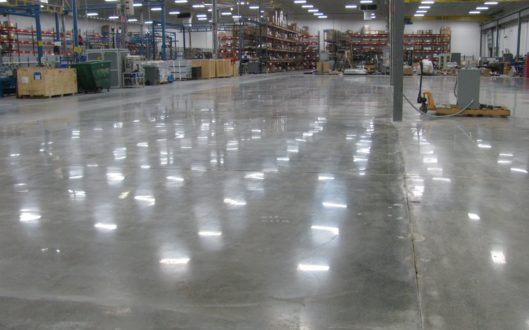Understanding Urethane Flooring: Benefits, Applications, and Maintenance
Introduction:
Urethane flooring is a popular choice for commercial, industrial, and residential spaces. It is a type of flooring made of polyurethane, a synthetic polymer that provides durability, chemical resistance, and moisture resistance. Urethane flooring offers a wide range of benefits and applications, making it a versatile and reliable flooring option. This article will provide an in-depth understanding of urethane flooring, its benefits, applications, and maintenance.

Benefits of Urethane Flooring:
Urethane flooring offers several benefits, including:
Durability: Urethane flooring is known for its exceptional durability and can withstand heavy foot traffic, spills, and abrasions.
Chemical Resistance: Urethane flooring is resistant to chemicals, including acids, alkalis, and solvents, making it ideal for industrial applications.
Moisture Resistance: Urethane flooring can resist water and moisture, making it suitable for areas that require frequent cleaning or where moisture is present.
Aesthetics: Urethane flooring is available in a variety of colors and textures, making it easy to match any design style.
Applications of Urethane Flooring:
Urethane flooring is used in various applications, including:
Industrial: Urethane flooring is used in industrial settings, such as factories, warehouses, and laboratories, where durability and chemical resistance are essential.
Commercial: Urethane flooring is used in commercial spaces, such as retail stores, hospitals, and schools, where aesthetics and durability are important.
Residential: Urethane flooring is used in homes, particularly in high-traffic areas, such as kitchens, living rooms, and entryways.
Also read about, Transform Your Industrial Space with Professional Epoxy Flooring Contractors
Maintenance of Urethane Flooring:
Urethane flooring requires minimal maintenance, but it is essential to follow proper cleaning procedures to ensure its longevity. Regular cleaning with a neutral cleaner and damp mop is recommended. Avoid using abrasive cleaners or pads, as they can damage the flooring. It is also important to remove spills promptly to prevent staining.
FAQs
Q.Where is Urethane flooring commonly used?
A. Urethane flooring is commonly used in industrial and commercial facilities, such as food and beverage processing plants, laboratories, pharmaceutical facilities, and automotive factories. It is also a popular flooring option for commercial kitchens, restaurants, and supermarkets.
Q. How is Urethane flooring installed?
A. Urethane flooring is typically installed by trained professionals using a trowel or screed to apply the material onto the prepared surface. The surface must be clean, dry, and free of any debris or contaminants for the installation to be successful.
Q. How long does Urethane flooring last?
A. Urethane flooring can last for many years, depending on the quality of the installation and the level of use and maintenance. With proper care and maintenance, it can last up to 10-15 years.
Q. Is Urethane flooring safe?
A. Urethane flooring is safe to use and does not pose any health risks when installed and maintained properly. However, it is important to follow proper safety procedures during installation and avoid any direct contact with the material before it has fully cured.
Conclusion:
Urethane flooring or Urethane cement flooring is a versatile and durable flooring option that offers several benefits, including chemical resistance, moisture resistance, and aesthetics. It is used in various applications, including industrial, commercial, and residential spaces. With proper maintenance, urethane flooring can last for many years, making it a reliable investment for any space.



Comments
Post a Comment